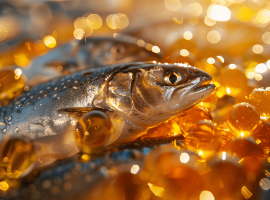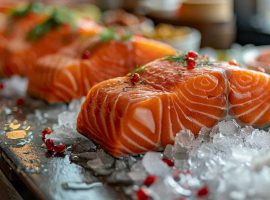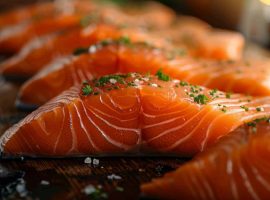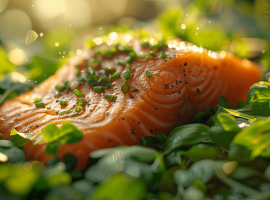The Essential Role of Zinc in Your Diet
Zinc is a vital mineral that plays a crucial role in numerous bodily functions. It is paramount for the immune system, acting as a catalyst for the activation of enzymes that aid in cell division and growth, DNA synthesis, and the body’s defensive (immune) response to pathogens. Zinc’s contribution to metabolic processes includes the support of over 300 enzymes that are instrumental in metabolism, digestion, and nerve function.
Zinc’s Impact on Growth and Immune Health
Zinc is particularly significant for growth and development in children, as it supports the proper functioning of the immune system and contributes to healthy cell growth. The mineral is also essential for the senses of taste and smell, and a deficiency can impair these senses, leading to decreased appetite and potential nutritional deficiencies.
Integrating Zinc Through Fish in Your Balanced Diet
Incorporating zinc into one’s diet through fish consumption is a healthful approach. Fish such as oysters, crab, salmon, mackerel, tuna, and sardines are not only rich in zinc but also provide a host of other beneficial nutrients like omega-3 fatty acids. Including these fish in your diet can help meet daily zinc requirements and contribute to a well-rounded nutritional profile.
Understanding Daily Zinc Requirements

Zinc is a pivotal nutrient, and your body’s requirements for it vary throughout life. Adults require 8 to 11 milligrammes per day, with increased needs during pregnancy (11 to 12 milligrammes) and lactation (12 to 13 milligrammes). Children’s needs range from 2 to 11 milligrammes, escalating with age.
Zinc Needs During Pregnancy and Breastfeeding
Pregnancy and breastfeeding impose additional demands on the body’s zinc stores due to its role in foetal and infant development. Consequently, healthcare professionals may recommend higher zinc intake during these stages.
Benefits of Dietary Zinc Over Supplements
Dietary sources of zinc, such as fish, are preferred over supplements because they offer a balance of nutrients and reduce the risk of excessive intake. Foods naturally high in zinc also provide other beneficial compounds, such as proteins and fatty acids, which are not present in supplements.
Contribution of Fortified Foods to Zinc Intake
Fortified foods can play a significant role in meeting daily zinc requirements, especially for individuals with dietary restrictions or increased needs. These foods are enhanced with vitamins and minerals, including zinc, to ensure nutritional adequacy in the diet.
Identifying Zinc-Rich Fish Varieties

When seeking dietary sources of zinc, certain fish species stand out for their substantial zinc content. Oysters lead the pack, with a remarkable zinc concentration that far surpasses other seafood. Close contenders include crab, salmon, mackerel, and tuna, all of which offer a healthy dose of this essential mineral.
Shellfish Versus Finfish: A Zinc Comparison
Shellfish generally boast higher zinc levels compared to finfish. For instance, a serving of oysters can provide up to 10 times the amount of zinc found in an equivalent serving of salmon, making shellfish a superior choice for zinc intake.
Zinc Content Variations in Popular Fish
Among popular fish varieties, zinc content can vary significantly. Oysters contain the highest levels, while white fish like cod have lower amounts. Oily fish such as mackerel and salmon are excellent choices, providing a balance of zinc and omega-3 fatty acids.
The Impact of Fish Preparation on Zinc Retention
Cooking methods can affect the zinc content in fish. To preserve zinc, it is advisable to opt for methods that minimise leaching, such as steaming or baking, rather than boiling. Overcooking can also reduce nutrient levels, so monitoring cooking time is crucial for maintaining the zinc benefits of your seafood.
The Role of Zinc in Immune Efficiency and Wound Healing
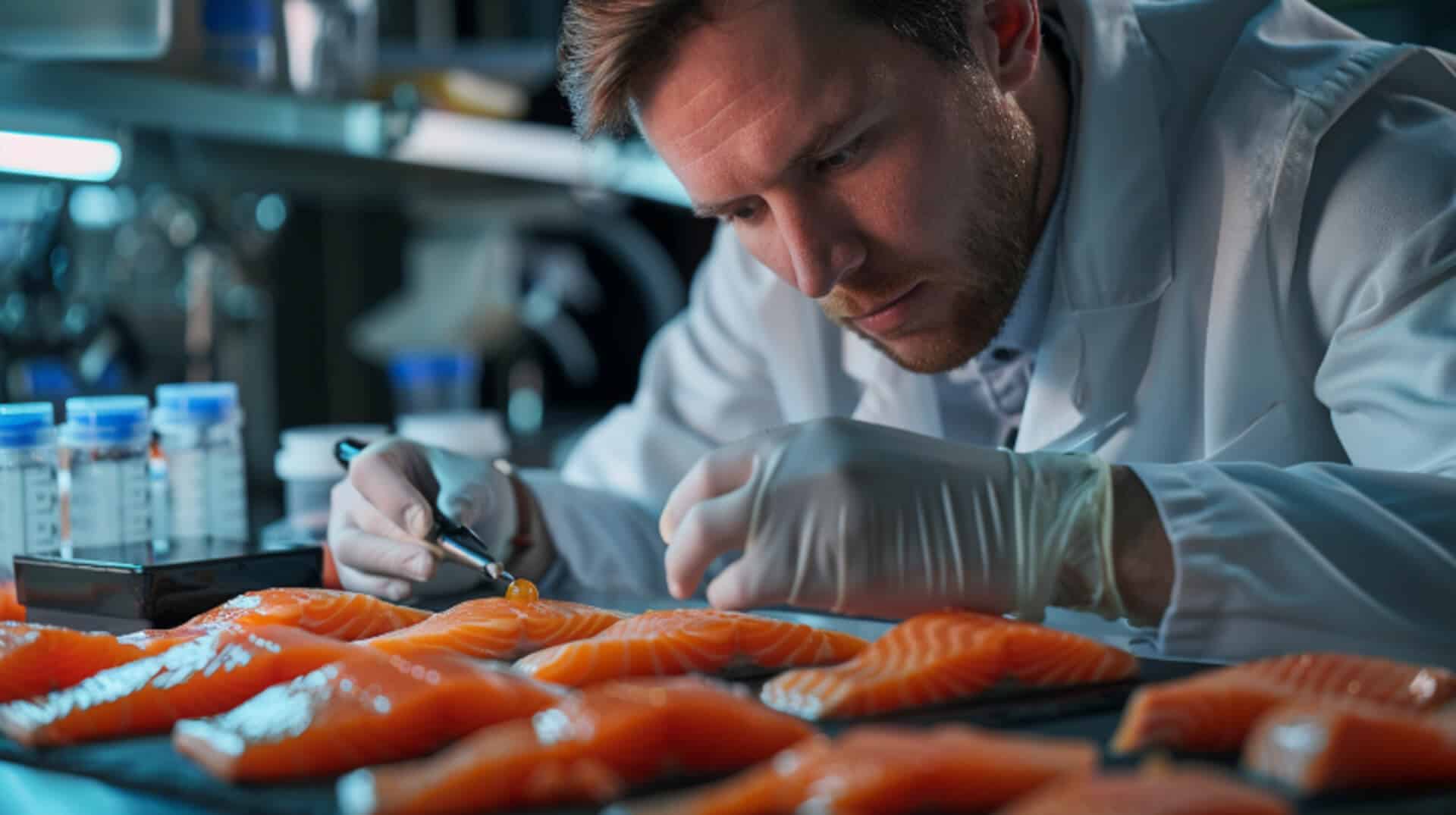
Zinc, sourced from marine life, is a cornerstone for maintaining a robust immune system. It acts as a catalyst in the immune response, aiding in the production and activation of T-lymphocytes, cells that are integral in the body’s defence against pathogens. The mineral’s anti-inflammatory properties further fortify the body’s resilience to infections.
Sensory Function and Cognitive Development
Zinc’s influence extends to sensory functions, where it is critical for taste and smell acuity. The mineral’s presence in the brain also supports cognitive development and function, playing a role in neuron communication and potentially enhancing learning and memory processes.
Zinc’s Impact on Reproductive Health
Regarding reproductive health, zinc is a key player in hormone regulation, including testosterone in males and ovulation and fertility in females. Adequate zinc intake from fish is essential for the body’s reproductive systems to function optimally.
Navigating the Risks of Zinc Deficiency and Overconsumption
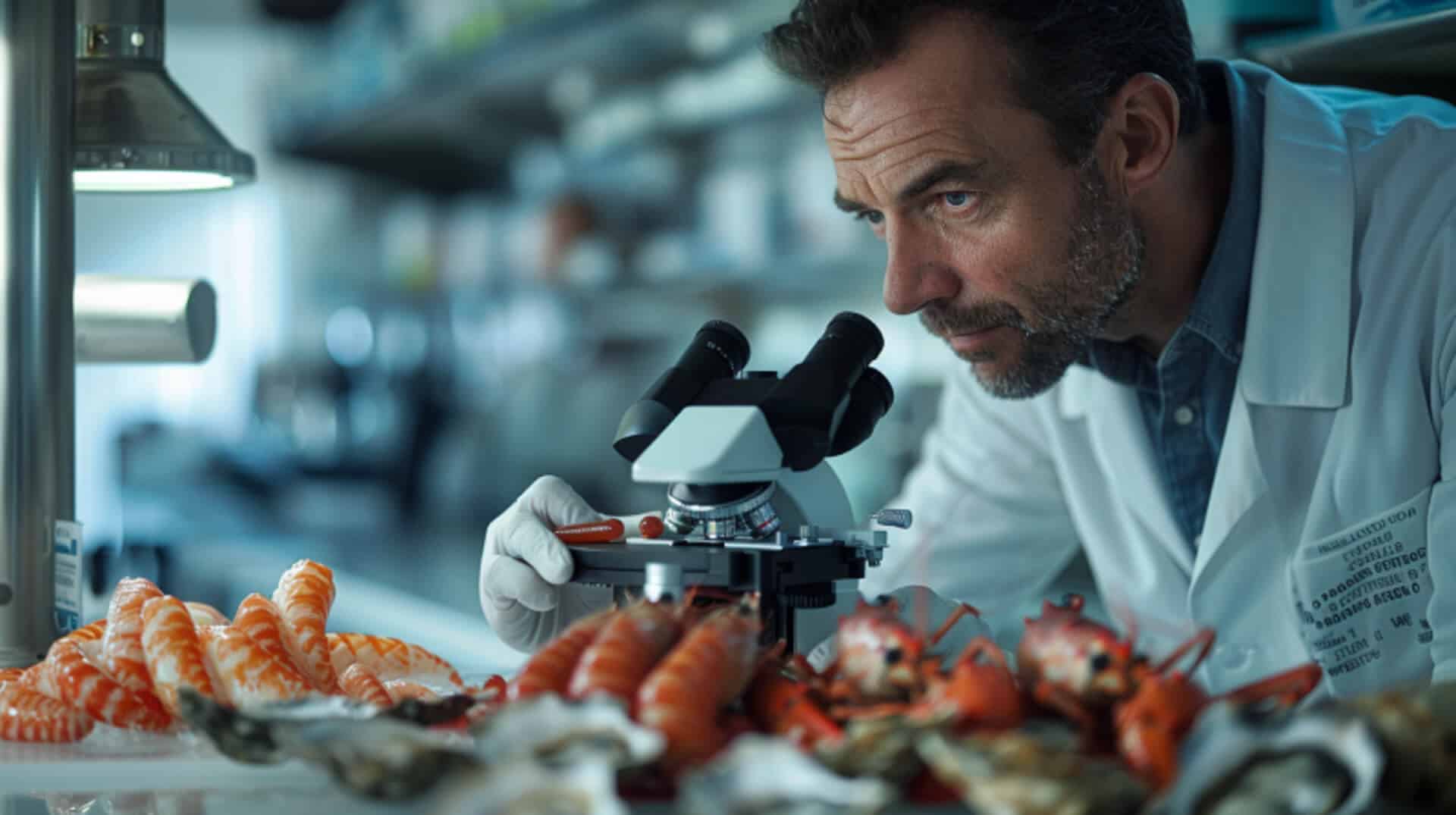
Zinc deficiency and overconsumption both pose risks to health, necessitating a balanced approach to zinc intake.
Symptoms and Health Risks of Zinc Deficiency
Zinc deficiency can manifest in various symptoms and health risks, including:
- Impaired immune response, leading to increased susceptibility to infections
- Delayed wound healing due to disrupted cellular repair mechanisms
- Growth retardation in children, as zinc is vital for physical development
- Hair loss and appetite reduction, reflecting the mineral’s role in maintaining bodily functions
Consequences of Excessive Zinc Intake
Conversely, excessive zinc intake can lead to adverse health effects such as:
- Gastrointestinal distress, including nausea and vomiting
- Disruption of copper and magnesium balance, essential for various enzymatic processes
- Potential impairment of immune function, contrary to zinc’s supportive role at balanced levels
Interactions with Other Nutrients
High zinc intake can interfere with the absorption of other essential nutrients, creating a need for careful dietary planning. For instance, excessive zinc can inhibit copper absorption, leading to deficiencies despite adequate dietary intake.
Balancing Zinc Consumption
To avoid the pitfalls of deficiency and excess, individuals should:
- Aim for a diet that includes a variety of zinc sources, such as different types of fish
- Consider the bioavailability of zinc in their food choices, with animal sources typically offering higher bioavailability than plant sources
- Monitor zinc intake when using supplements, especially if dietary sources are already sufficient
Sustainable Sourcing and Zinc Content in Fish

Sustainable sourcing practices are essential not only for environmental conservation but also for ensuring the quality and safety of seafood, including its zinc content. Sustainable fishing methods help maintain the natural balance of marine ecosystems, which can directly affect the nutritional profile of fish.
Environmental Impact on Zinc Levels in Seafood
The zinc content in fish can be influenced by various environmental factors such as water quality and the fish’s diet. Contaminated waters or those with altered mineral compositions can lead to changes in the zinc levels in marine life. Sustainable sourcing aims to minimise these environmental disruptions.
Identifying Sustainably Sourced Zinc-Rich Fish
To choose sustainably sourced zinc-rich fish, consumers should look for certifications and labels from reputable organisations that indicate responsible fishing practices. These include the Marine Stewardship Council (MSC) and Aquaculture Stewardship Council (ASC) certifications.
Industrial Processes and Seafood Zinc Levels
Industrial activities can lead to the contamination of water bodies, affecting the zinc content in fish. Heavy metals and other pollutants can accumulate in marine life, potentially altering the natural zinc levels. Sustainable sourcing also involves advocacy and practices that reduce industrial impacts on marine habitats.
Factors Influencing Zinc Bioavailability in Fish
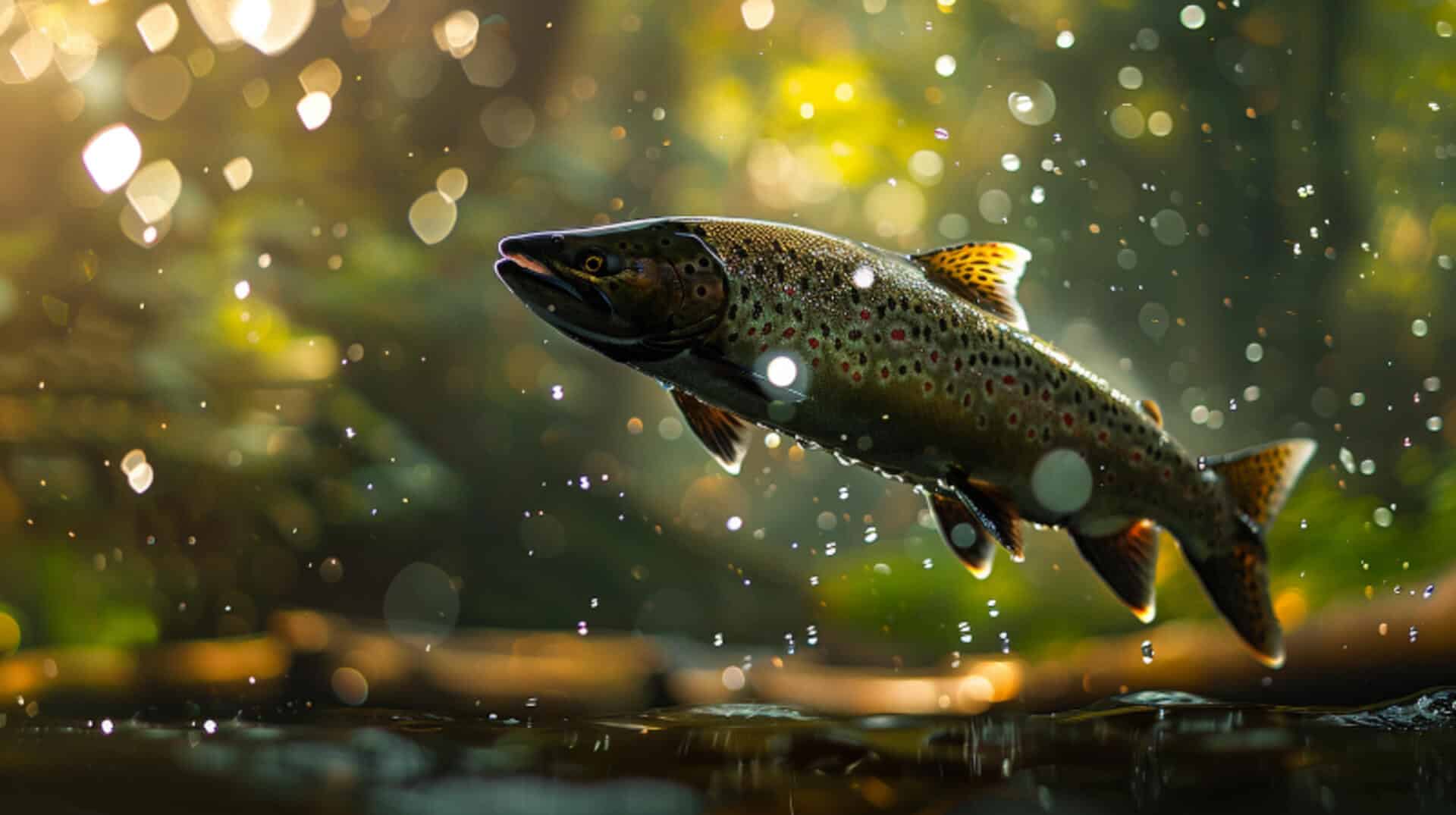
The bioavailability of zinc in fish is influenced by several factors, including the fish’s species, age, and the waters from which they are sourced. The presence of certain amino acids in fish protein can enhance zinc absorption, making it more bioavailable than zinc from plant sources.
Dietary Components and Zinc Absorption
Phytates, commonly found in plant-based foods, can bind to zinc and inhibit its absorption. In contrast, fish is low in phytates, which promotes better zinc uptake. The presence of other minerals like calcium and iron can also compete with zinc for absorption, affecting its bioavailability.
Animal vs. Plant Sources of Zinc
Zinc from animal sources, such as fish, is generally more bioavailable than from plant sources. This is due to the absence of phytates in animal proteins and the presence of certain amino acids that aid in the absorption of zinc.
Optimising Zinc Absorption from Fish
To maximise zinc absorption from fish, one should consider consuming fish alongside foods rich in vitamin C, which can enhance mineral uptake. Cooking methods that preserve the integrity of zinc, such as baking or steaming, are also recommended. It is beneficial to include a variety of zinc-rich fish in the diet to ensure adequate intake.
Preserving Zinc Through Cooking Methods

To maintain the zinc content in fish, certain cooking methods are more effective than others. Steaming and baking are preferred as they do not leach minerals into water as boiling does. Grilling and pan-frying can also preserve zinc, provided the fish is not overcooked, which can degrade nutrients.
Adapting Zinc-Rich Fish for Dietary Restrictions
For those with dietary restrictions, zinc-rich fish can be a versatile ingredient. For example, individuals with gluten intolerance can enjoy grilled or baked fish without breading. Those on low-sodium diets should opt for fresh, unprocessed fish seasoned with herbs and lemon rather than salt.
Creative Recipes Featuring Zinc-Rich Fish
Incorporating zinc-rich fish into your diet can be both nutritious and enjoyable. Recipes such as oyster stew, crab salad, or salmon poke bowls not only provide a high zinc content but also offer a delightful culinary experience. Tuna steaks marinated in citrus and herbs offer a flavourful twist while preserving the fish’s nutritional benefits.
Including Fish in Diets with Health Conditions
Individuals with specific health conditions should consult healthcare providers to tailor their fish intake appropriately. For instance, those with heart conditions may benefit from the omega-3 fatty acids in mackerel and sardines, while being mindful of portion sizes and preparation methods to manage overall health.
Assessing Zinc Levels Through Medical Testing
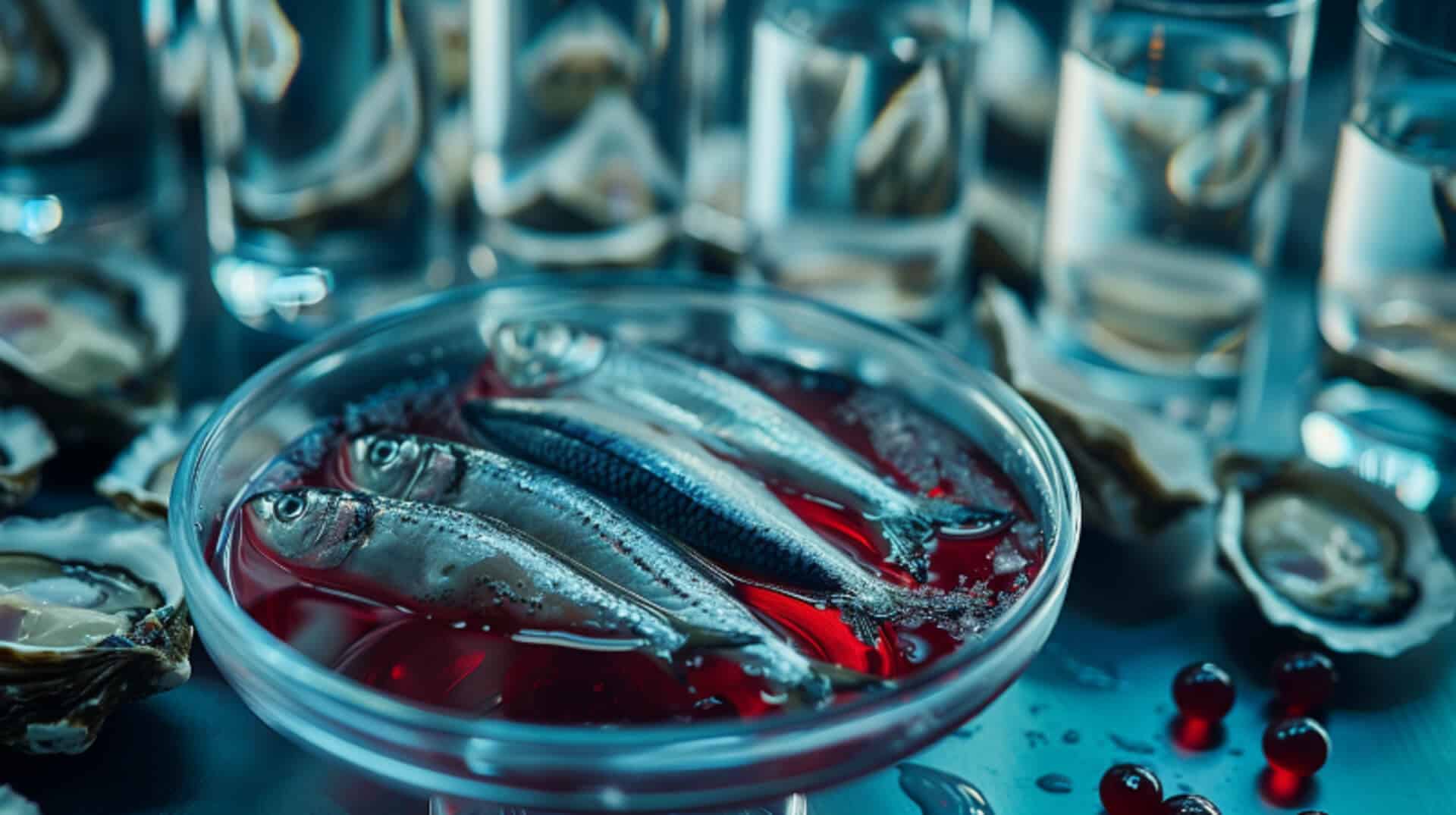
To monitor zinc intake and ensure it falls within a healthy range, several medical tests are available:
- Blood Tests: These are commonly used to measure zinc levels and can indicate a deficiency or excess.
- Urine Tests: These can help assess the amount of zinc being excreted and provide insight into zinc metabolism.
- Hair Analysis: This can reflect long-term zinc status and is particularly useful in detecting chronic deficiencies.
Federal Guidelines for Safe Zinc Consumption
The federal guidelines, including the Recommended Dietary Allowances (RDAs), provide a framework for safe zinc consumption. These guidelines suggest an upper limit of 40 milligrammes per day for adults to prevent adverse health effects from excessive zinc intake.
Regulatory Role of ATSDR and EPA
The Agency for Toxic Substances and Disease Registry (ATSDR) and the Environmental Protection Agency (EPA) play critical roles in regulating zinc exposure:
- ATSDR: Provides information on the health effects of zinc and guidelines for occupational and environmental exposure.
- EPA: Sets standards for zinc levels in the environment, including limits for drinking water, to protect public health.
Utilising Guidelines to Inform Fish Consumption
Consumers can use these guidelines to make informed choices about fish consumption:
- Selecting Fish: Opt for fish species known for their high zinc content yet low in contaminants.
- Portion Sizes: Follow the RDAs to determine appropriate serving sizes that contribute to daily zinc needs without exceeding the upper limit.
- Diverse Diet: Incorporate a variety of zinc sources to balance intake and minimise the risk of overconsumption.
Enhancing Public Understanding of Zinc in Fish
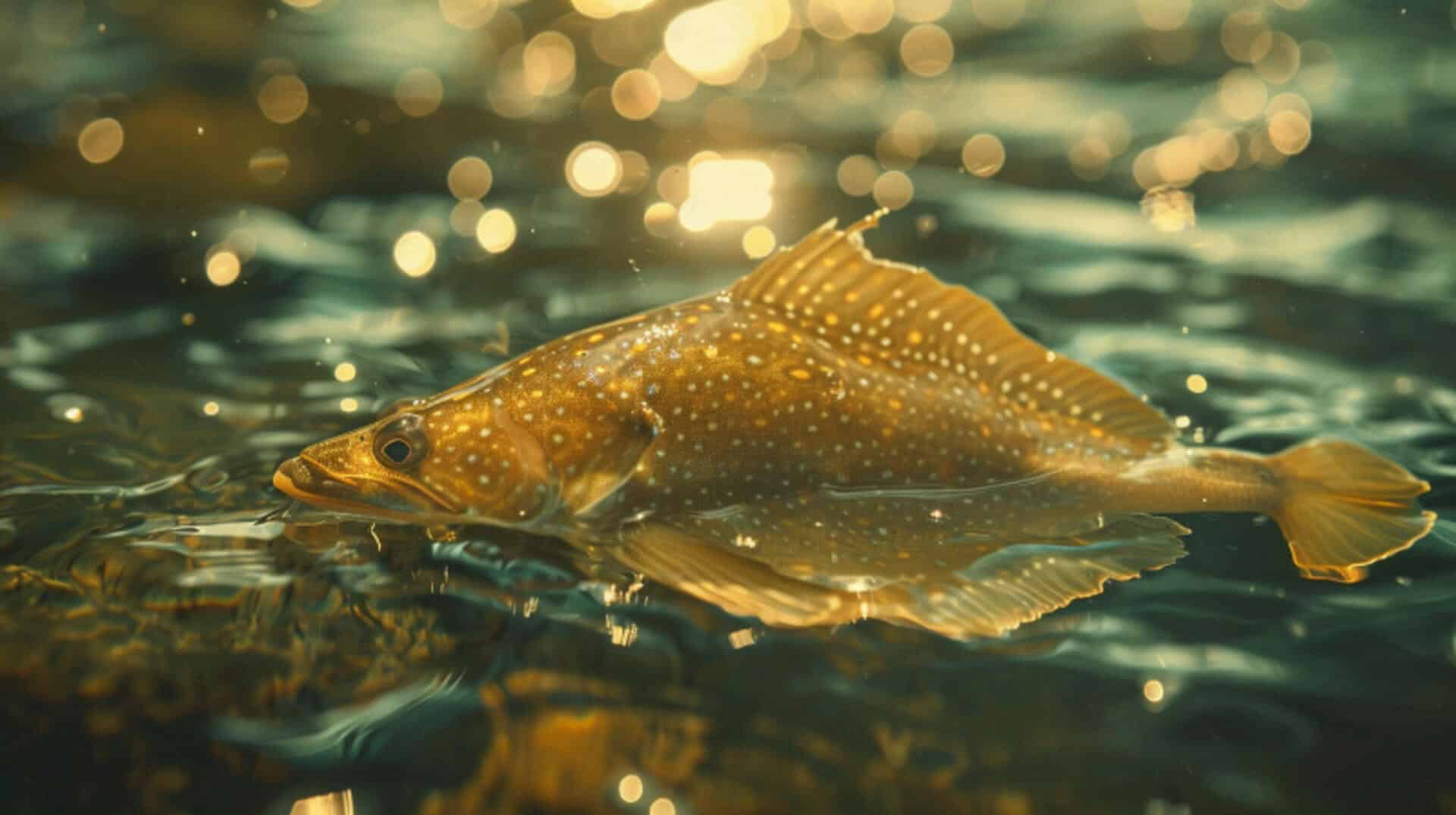
Educational initiatives play a crucial role in reinforcing positive sentiments toward zinc-rich fish. By providing accurate information on the nutritional benefits of seafood, misconceptions can be dispelled, and the public can make informed dietary choices.
Addressing Misconceptions About Zinc in Seafood
Common misconceptions include the belief that all seafood contains similar levels of zinc or that supplements are always necessary. Clarifying that certain fish, like oysters and crab, are particularly high in zinc can guide healthier food selections. Additionally, emphasising that a balanced diet often provides sufficient zinc without the need for supplements can help correct misunderstandings.
Cultural Variations in Seafood Consumption
Cultural preferences significantly influence fish consumption patterns. In regions where seafood is a dietary staple, there may be a greater appreciation for the nutritional value of zinc-rich fish. Conversely, areas with less seafood consumption might benefit from targeted education about the advantages of incorporating these foods into their diet.
Media’s Role in Shaping Perceptions
Media outlets have the power to shape public perception of zinc and fish consumption. Responsible reporting that highlights the health benefits of zinc-rich fish, while also addressing sustainability and safety concerns, can foster a more nuanced understanding and encourage the inclusion of these nutritious options in regular diets.
Technical Terms in Nutritional Profiling of Fish
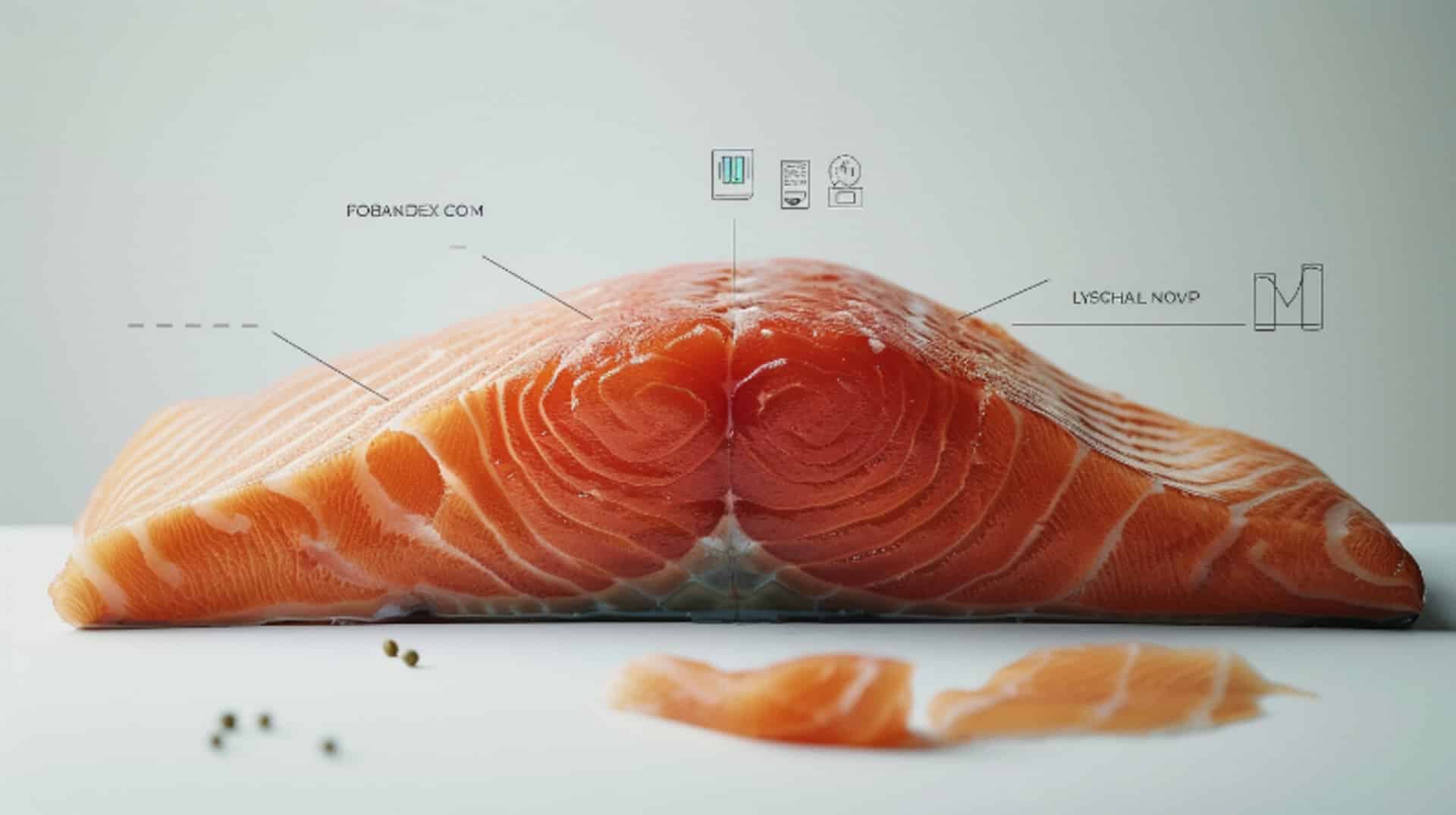
When exploring the nutritional value of fish, particularly their zinc content, several technical terms are essential for a comprehensive understanding:
- Bioavailability: This refers to the proportion of zinc that is absorbed and utilised by the body. Fish provide a high bioavailability of zinc, making it an excellent source of this nutrient.
- Bioaccumulation: This occurs when fish absorb minerals like zinc from their environment, which can then accumulate in their bodies over time.
- Bioconcentration: Similar to bioaccumulation, bioconcentration refers to the process by which substances such as zinc become more concentrated inside an organism than in the surrounding environment.
The Omega-3 to Zinc Ratio in Fish
The ratio of omega-3 fatty acids to zinc in fish is a crucial factor in assessing their nutritional profile. A balanced ratio ensures that you receive the anti-inflammatory benefits of omega-3s along with the immune-boosting properties of zinc.
Contribution of Trace Minerals and Antioxidants
Trace minerals, including zinc, and antioxidants found in fish contribute to their overall nutritional value:
- Trace Minerals: These are essential for various bodily functions and are present in fish in trace amounts, including zinc, which is vital for immune function and metabolism.
- Antioxidants: Fish contain antioxidants that help protect the body from oxidative stress, complementing the benefits of zinc and other minerals.
Quality Assurance at Frozen Fish Direct
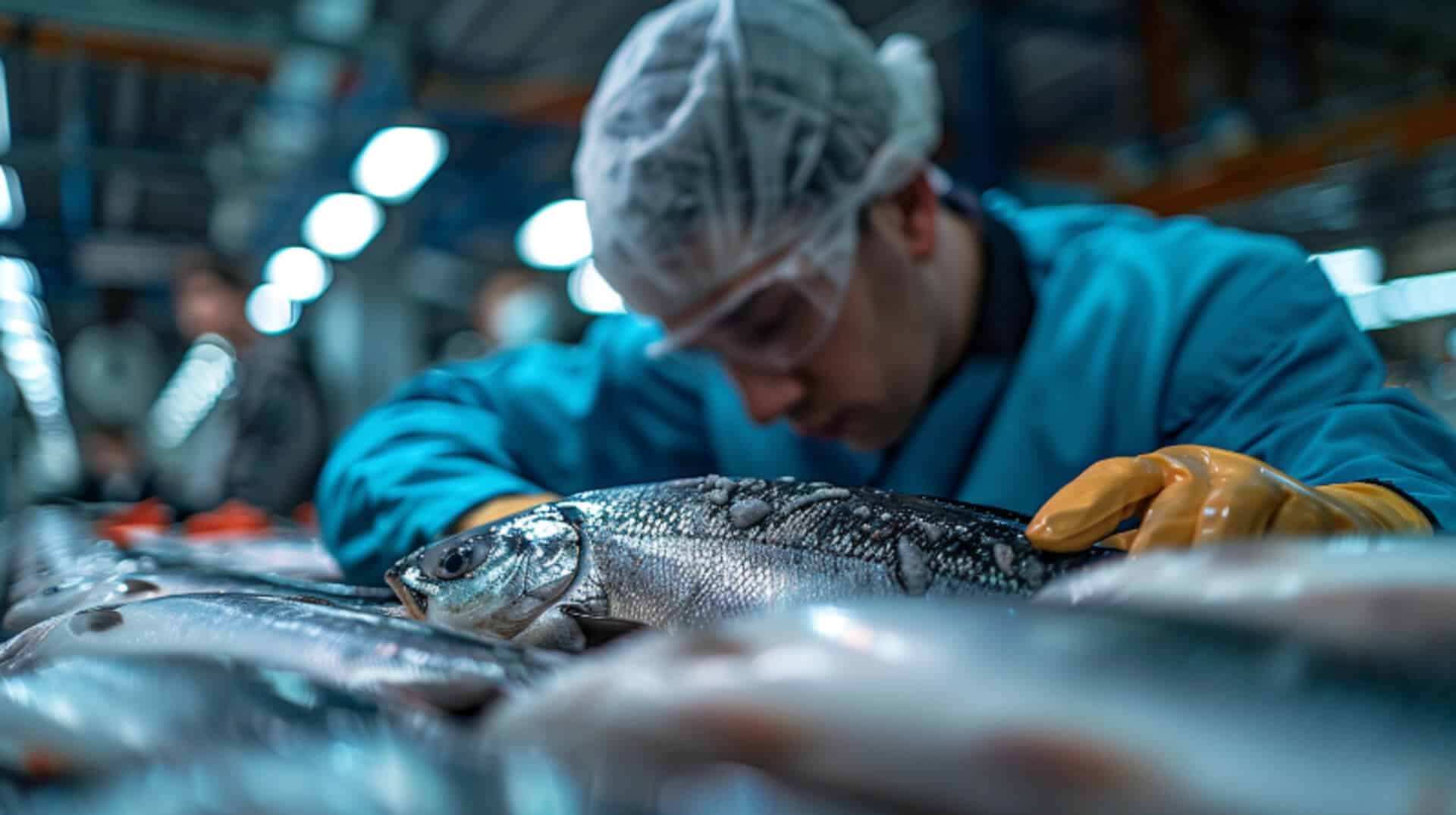
Frozen Fish Direct takes meticulous steps to ensure the quality and zinc content of their fish products. They source their seafood from pristine waters and reputable suppliers, ensuring that each item meets stringent quality standards. The company’s commitment to quality is evident in their selection process, which prioritises wild-caught and responsibly farmed fish known for their high zinc content.
Variety of Zinc-Rich Fish Offered
The variety of zinc-rich fish available through Frozen Fish Direct includes:
- Oysters, renowned for their exceptional zinc content
- Crab, offering a substantial amount of zinc per serving
- Salmon, mackerel, and tuna, known for their beneficial nutrient profiles
Placing Orders for High-Quality Zinc-Rich Fish
Consumers can easily place orders for high-quality, zinc-rich fish through Frozen Fish Direct’s user-friendly website. The ordering process is streamlined for convenience, allowing customers to select from a wide range of seafood and have it delivered fresh to their doorstep.
Commitment to Customer Satisfaction
Frozen Fish Direct’s mission revolves around providing quality service and customer satisfaction. They ensure that every product delivered is fresh-frozen to retain its nutrient value, including zinc, and offer a diverse selection to cater to various preferences and dietary needs. Their dedication to excellence is reflected in every aspect of their operation, from sourcing to delivery.

